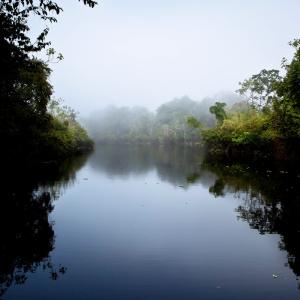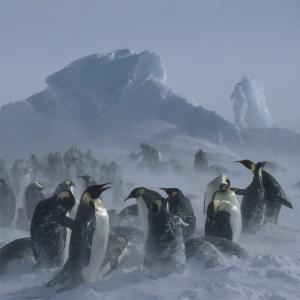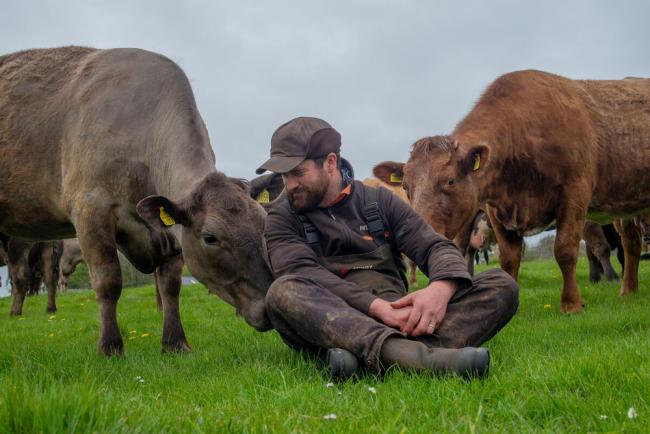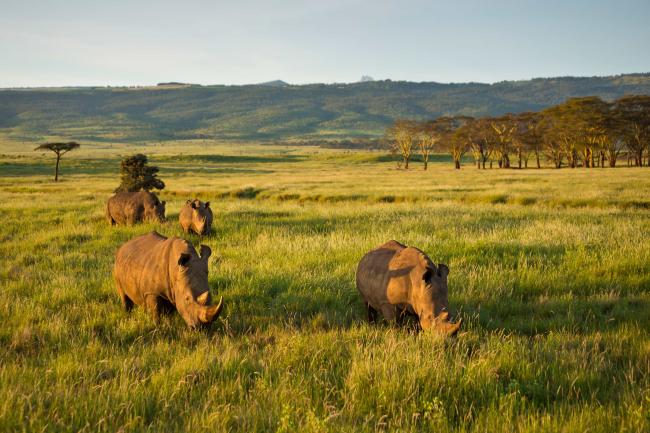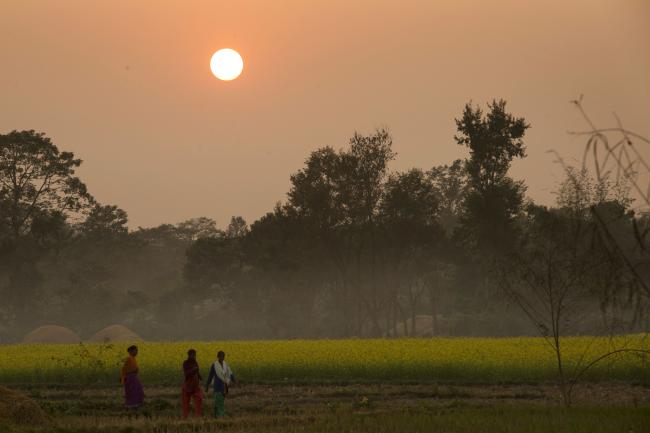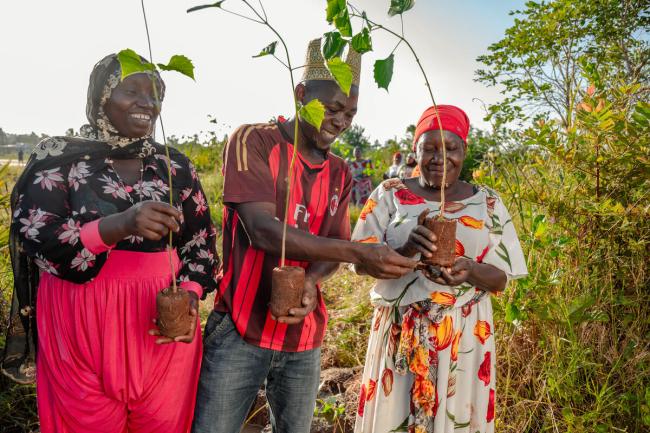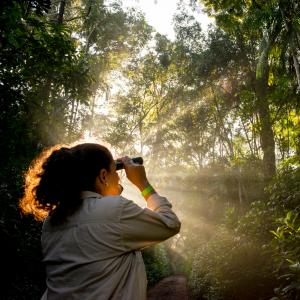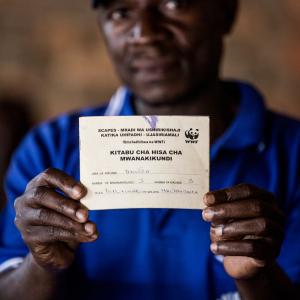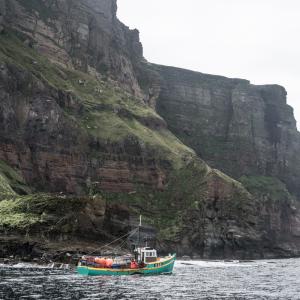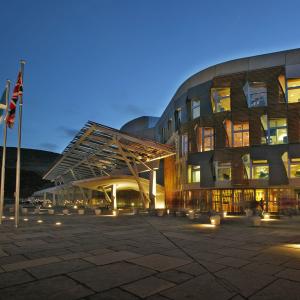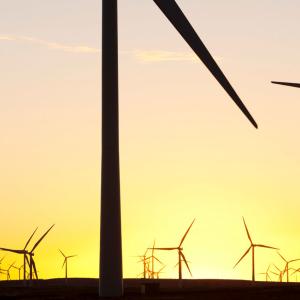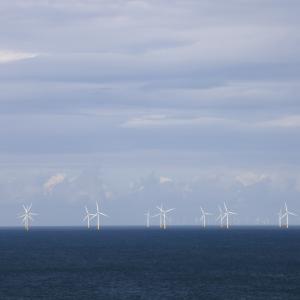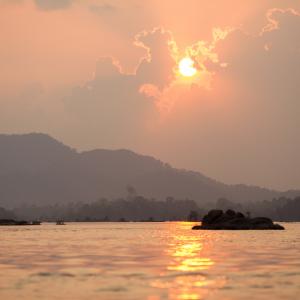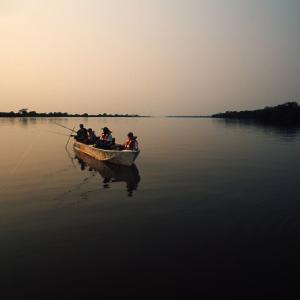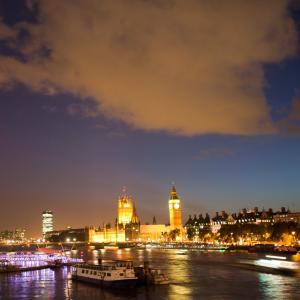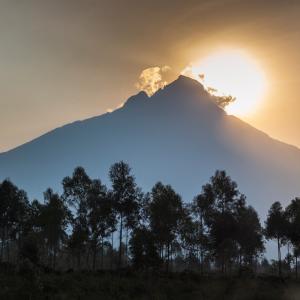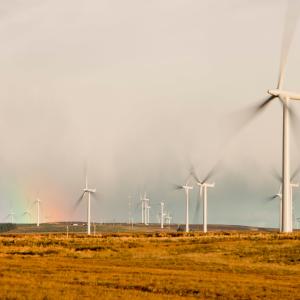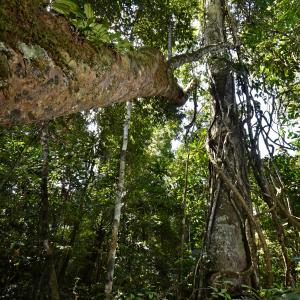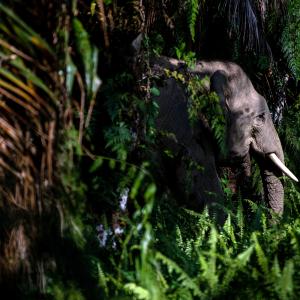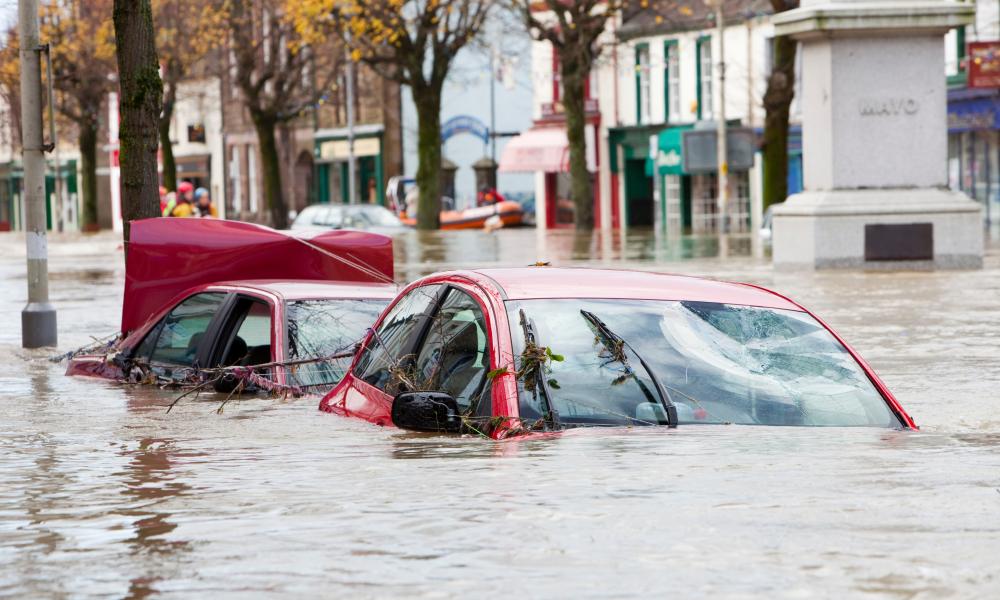
How climate change affects people and wildlife
How climate change affects people and wildlife
We know why our climate is changing, in some cases faster than people and wildlife can adapt. We release carbon dioxide into the atmosphere by burning fossil fuels while at the same time destroying carbon absorbing nature, such as forests, seagrass and salt marches. These carbon emissions are causing the greenhouse effect, trapping heat and making the Earth warm faster than could happen naturally.
People and nature worldwide are already feeling the effects: water supplies are shrinking, extreme weather events increasing in frequency and intensity, forests burning, and coral reefs dying.
We’re living through an unprecedented cost of living crisis. With millions of people in the UK struggling to put food on the table and heat their homes. At its core, the cost-of-living crisis is also being driven by our dependence on fossil fuels and the cost of oil and gas.
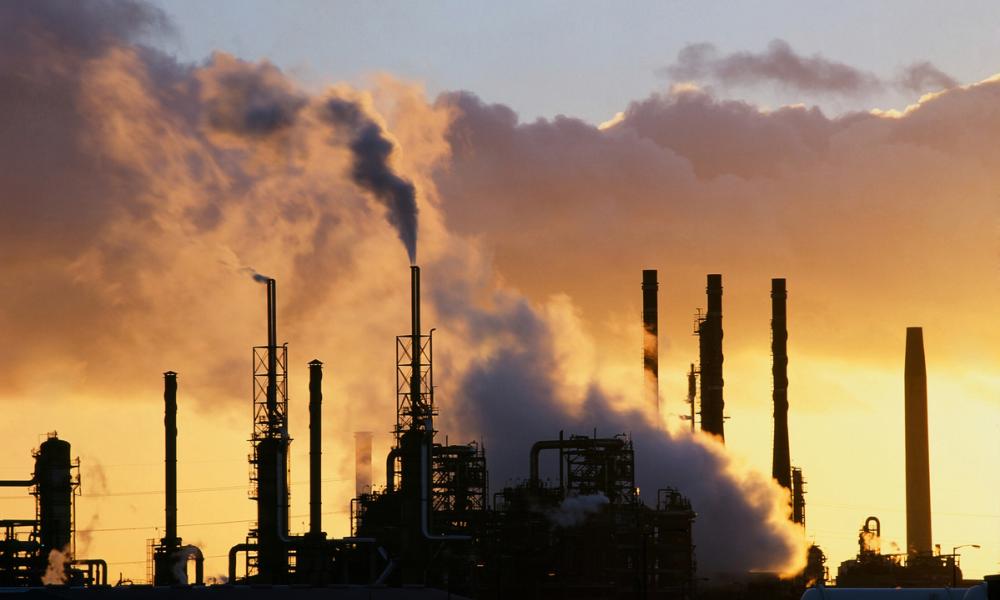
Why climate action is urgent
Why climate action is urgent
Global temperatures have been rising for over a century, speeding up in the last few years. We have already warmed by 1.2 degrees since pre-industrial levels. Internationally it has been agreed to cap warming at 1.5 degrees, the limit at which we can halt the worst impacts of climate change.
Even at 1.5 degrees there is likely to be ice free summers in the artic every hundred years or so and around 70% of the worlds coral reefs lost. But at just half a degree more, 2 degrees would see the likelihood of ice free summers increasing to every ten years and the loss of nearly all the worlds coral reefs.
We know what needs to be done. We need to cut man-made greenhouse gas emissions drastically, phase out fossil fuels and move to renewable energy. We need to be more efficient and use less energy, and we need to tackle deforestation and eat less meat.
But at the moment, if all the governments of the world acted on the promises they have made, we would still reach 2.8 degrees. And we are a long way off those promises being turned into reality.

